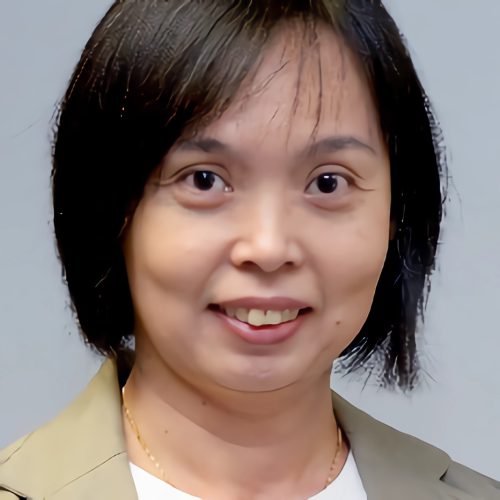
- This event has passed.
Panel: End-of-Life Care
1 Dec 2023 • 09:00 - 10:15
Dance Atelier 2, Level 3, Stephen Riady Centre, 2 College Ave West, Singapore 138607 • Map
What does it mean to live well and leave well? And what role can the arts play in expanding quality of life? This panel draws on Both Sides, Now (2013-2023), a multi-disciplinary community-engaged project, and the play A Good Death (2018) and its afterlife as possible models of study. Exploring the notion of care in relation to arts practice and end-of-life, the speakers will reflect on how the arts may enrich the spaces and processes involved in starting and sustaining such conversations. The panel will also explore the ways in which palliative care, bereavement and the arts intersect, and how overlapping approaches can help dying patients and surviving loved ones to cope with loss and grief.
A Good Death as Art and Arts-based Education
Chen Yingxuan
This sharing will be about the creation process for A Good Death, a 2018 Esplanade’s The Studios production, and its afterlife as arts-based education at the SingHealth Duke-NUS Academic Medical Centre. A Good Death follows Dr. Leong, a palliative care doctor, as she journeys with her patients through their final days while navigating family relationships and caregiving for her father with dementia. The play was birthed from a year’s worth of research by playwright Faith Ng, who shadowed and interviewed palliative care doctors, nurses, and specialists, as well as patients and their families, and further developed in the rehearsal and devising process with actress Karen Tan and director Chen Yingxuan.
Uncovering Palliative Care
Jamie Zhou
Palliative care is derived from the Latin word pallium, which means, to ‘cloak’. In this context, it is to alleviate the symptoms of an illness even if it cannot be cured. Often a complex topic fraught with difficult concepts, ethical arguments and emotive perspectives, palliative care is nonetheless an important curriculum in healthcare education. Palliative care is taught in all three medical schools through lectures and clinical rotations. Yet, these conventional ways of teaching palliative care can only uncover the surface of its complexities. Incorporating the arts in medical education has opened a new horizon to reach the depths and breadth of palliative care. This talk gives an overview of the past and present ways of teaching medical students about palliative care.
Bridging Conversations: A Look at End-of-Life From Both Sides
Adib Kosnan
This talk will be a reflection on creating space in the community to have end-of-life conversations through the immersive arts experience of Both Sides, Now. It will look at how different communities engage in difficult conversations around end-of-life issues and how art allows for space to begin and continue these conversations.
Living well and leaving well in the arena of End-of-life Care: What does it take?
Lee Geok Ling
Living well and leaving well in the face of impending death is hard work for both the dying patients and their surviving loved ones. Yet, living well and leaving well are so needed for the dying persons and their surviving loved ones to maintain some quality of life while living with an illness, to reduce the negative impact of the loss, and for the surviving loved ones to better manage the subsequent grief at bereavement. It is essential to look into helping the dying patients and the surviving loved ones to achieve a new equilibrium, cope with the loss constructively, and manage their grieving process well.






